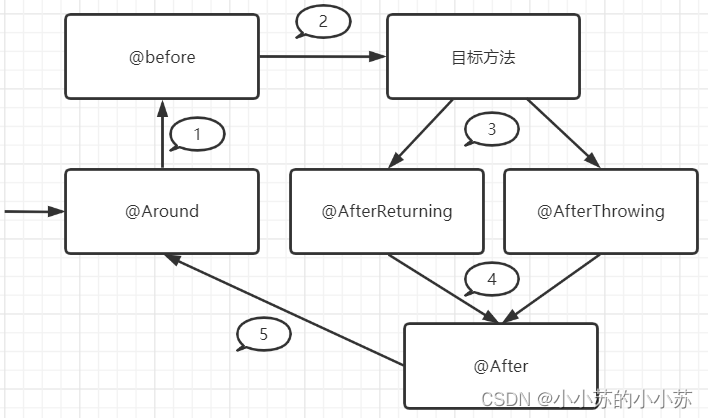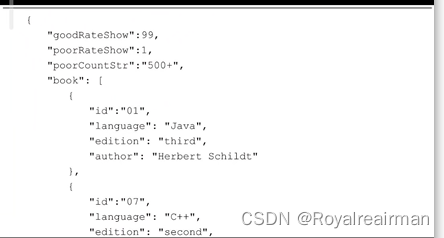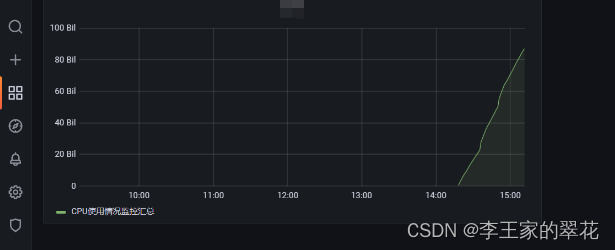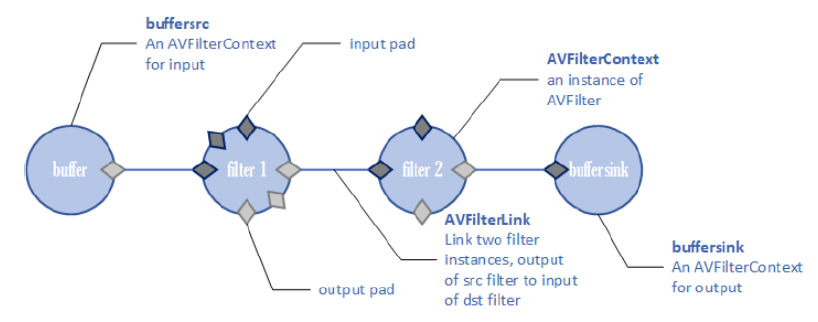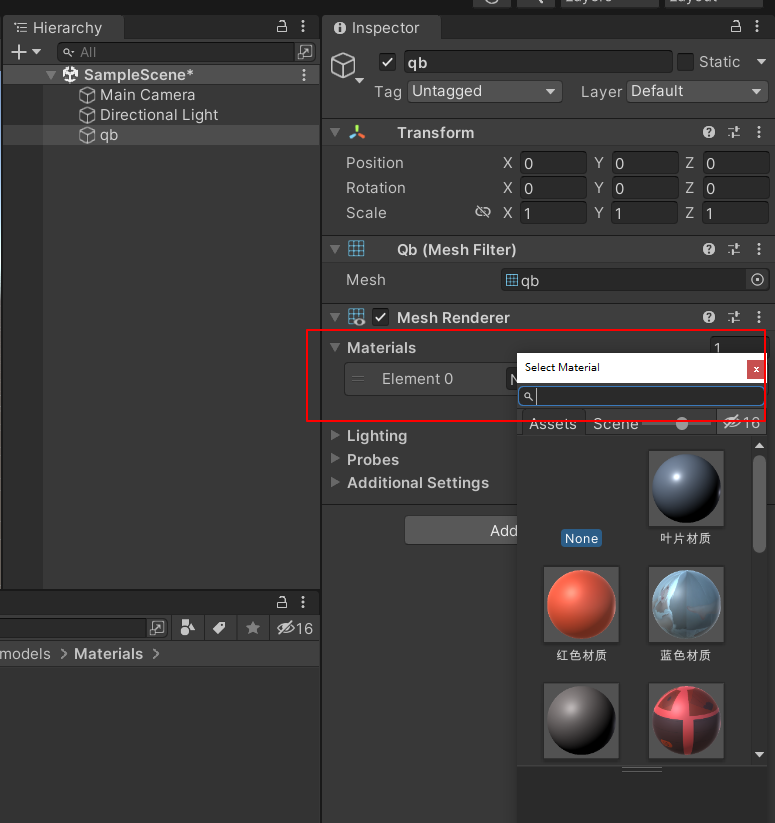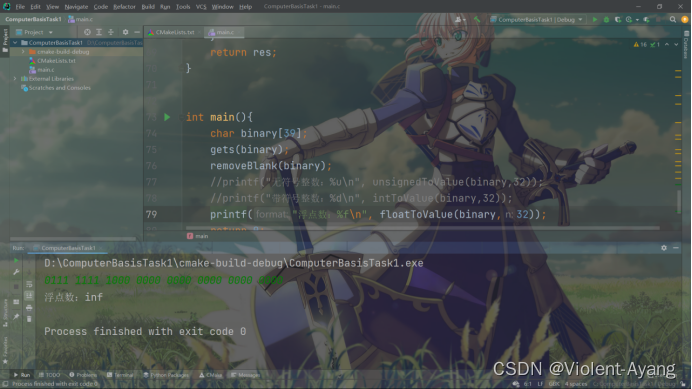文章目录
- 前言
- 配置方法
- 擦除函数
- 编写和校验函数
前言
本文主要介绍如何对DSP28335进行Flash操作。
本文主要参考资料:
- TI.Flash2833x_API_Readme
DSP的Flash操作需要借助官方提供API。官方提供的API主要完成Flash的擦除,编写,校验三种功能。
Flash编写,只能将数据位由1变成0,而无法由0变成1。所以,在每次需要刷新程序时,需要对Flash进行先擦除,再编写。最后防止出现错误,还需要进行校验。而DSP的Flash擦除操作中,其最小的擦除单位为扇区。而编写的最小单位为字(16位)。编写操作不会改变之前已经编写过的数据位。例如,在Flash中,可以不需要擦除的情况下,将已经编写为0xFFFE的数据重写编写为0xFFFC。但是,相反的操作是不允许的。
配置方法
下面介绍如何使用Flash API。
-
到官网下载sprc539压缩包。
-
将Flash2833x_API_Library.h和Flash2833x_API_Config.h两个头文件添加到项目工程中。
-
添加Flash28335_API_V210.lib文件到项目中。首先,需要将lib文件添加到项目工程中。其次,需要在CCS中添加lib所在的路径。
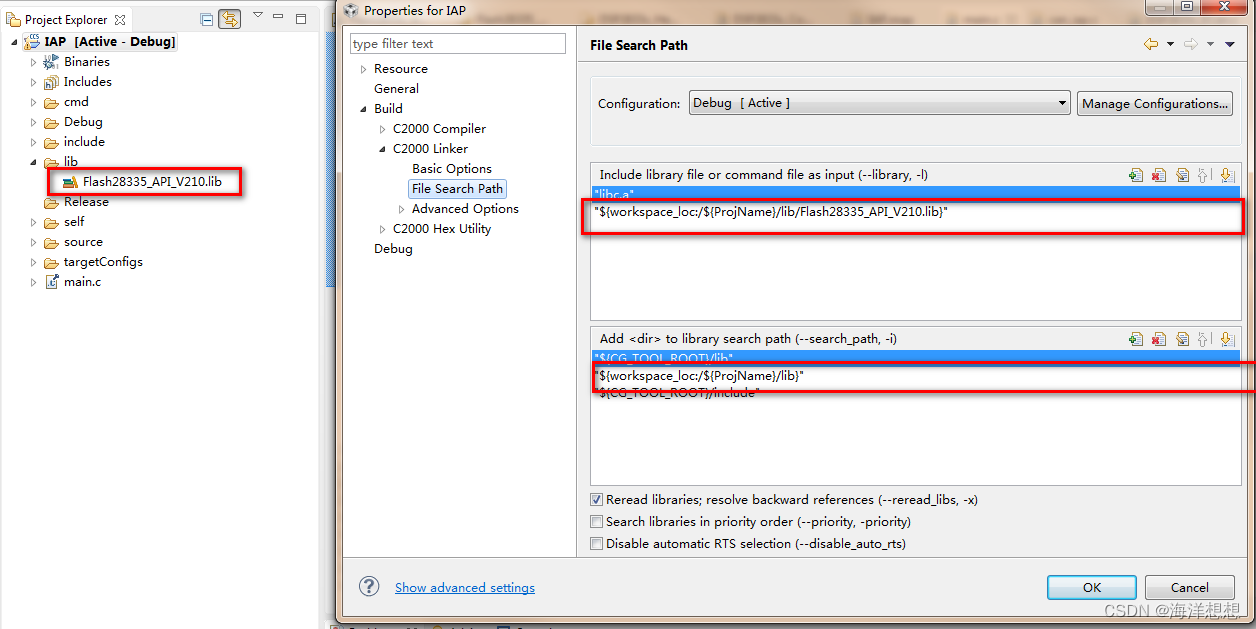
-
将Flash API函数复制到SARAM中。这主要有两点原因:一,Flash API需要严格的时间限制。将函数复制到SARAM中,函数调用是无延时的,能够保证函数每个步骤的时序是正确的。二,因为Flash API是用于操作Flash中的数据的。若将函数放置于Flash中,有可能在程序运行中,函数代码被修改,造成程序失控。
其具体操作如下:
在cmd文件中添加如下代码:
/* The Flash API functions can be grouped together as shown below.
The defined symbols _Flash28_API_LoadStart, _Flash28_API_LoadEnd
and _Flash28_API_RunStart are used to copy the API functions out
of flash memory and into SARAM */
Flash28_API:
{
-lFlash28335_API_V210.lib(.econst)
-lFlash28335_API_V210.lib(.text)
} LOAD = FLASHA,
RUN = RAML0,
LOAD_START(_Flash28_API_LoadStart),
LOAD_END(_Flash28_API_LoadEnd),
RUN_START(_Flash28_API_RunStart),
PAGE = 0
修改cmd文件,可以在SARAM和Flash中分配好存储程序的空间。但是,在程序下载过程中,程序数据只会烧写进Flash中。而在SARAM中,虽然分配好了存储空间,程序数据的拷贝还需要自己在代码中实现。在main函数中添加如下语句:
MemCopy(&Flash28_API_LoadStart, &Flash28_API_LoadEnd, &Flash28_API_RunStart);
其中,Memcopy函数的定义如下:
void
MemCopy(Uint16 *SourceAddr, Uint16* SourceEndAddr, Uint16* DestAddr)
{
while(SourceAddr < SourceEndAddr)
{
*DestAddr++ = *SourceAddr++;
}
return;
}
经过以上步骤的设置,Flash API就成功的添加到项目中了。但是,还是需要注意一下几点:
- 确保系统时钟的频率是正确的,一般设置为150M。
- 不要工作在limp模式中。
- 关闭中断和看门狗。
下面重点介绍常用函数的使用方法。
擦除函数
extern Uint16 Flash_Erase(Uint16 SectorMask, FLASH_ST *FEraseStat);
Flash_Eraseh函数用于擦除指定的扇区。
参数:
- SectorMask:需要被擦除的扇区。其参数在头文件中有定义,代码如下所示。选择对应的扇区,即可擦除其内容。当然可以同时选择多个扇区,主需要将他们位或即可。
#define SECTORA (Uint16)0x0001
#define SECTORB (Uint16)0x0002
#define SECTORC (Uint16)0x0004
#define SECTORD (Uint16)0x0008
#define SECTORE (Uint16)0x0010
#define SECTORF (Uint16)0x0020
#define SECTORG (Uint16)0x0040
#define SECTORH (Uint16)0x0080
#define SECTOR_F28335 (SECTORA|SECTORB|SECTORC|\
SECTORD|SECTORE|SECTORF|\
SECTORG|SECTORH)
- FeraseStat:为结构体。定义为:
typedef struct {
Uint32 FirstFailAddr;//第一出错的地址
Uint16 ExpectedData;//期望值
Uint16 ActualData;//实际值
}FLASH_ST;
注意:
在本函数中,只有第一个成员FirstFailAddr有意义。
返回值:
返回值表示函数的状态,其具体的取值如下定义:
// Operation passed, no errors were flagged
#define STATUS_SUCCESS 0
// The CSM is preventing the function from performing its operation
#define STATUS_FAIL_CSM_LOCKED 10
// Device REVID does not match that required by the API
#define STATUS_FAIL_REVID_INVALID 11
// Invalid address passed to the API
#define STATUS_FAIL_ADDR_INVALID 12
// Incorrect PARTID
// For example the F2806 API was used on a F2808 device.
#define STATUS_FAIL_INCORRECT_PARTID 13
// API/Silicon missmatch. An old version of the
// API is being used on silicon it is not valid for
// Please update to the latest API.
#define STATUS_FAIL_API_SILICON_MISMATCH 14
// ---- Erase Specific errors ----
#define STATUS_FAIL_NO_SECTOR_SPECIFIED 20
#define STATUS_FAIL_PRECONDITION 21
#define STATUS_FAIL_ERASE 22
#define STATUS_FAIL_COMPACT 23
#define STATUS_FAIL_PRECOMPACT 24
// ---- Program Specific errors ----
#define STATUS_FAIL_PROGRAM 30
#define STATUS_FAIL_ZERO_BIT_ERROR 31
// ---- Verify Specific errors ----
#define STATUS_FAIL_VERIFY 40
// Busy is set by each API function before it determines
// a pass or fail condition for that operation.
// The calling function will will not receive this
// status condition back from the API
#define STATUS_BUSY 999
编写和校验函数
extern Uint16 Flash_Program(Uint16 *FlashAddr, Uint16 *BufAddr, Uint32 Length, FLASH_ST *FProgStatus);
extern Uint16 Flash_Verify(Uint16 *StartAddr, Uint16 *BufAddr, Uint32 Length, FLASH_ST *FVerifyStat);
因为编写和校验函数使用方法基本一致,所以放置到一起讲解。编写函数就是将数据写入到Flash中,校验函数就是校验写入到Flash中的数据和预期数据是否一致。
参数:
- FlashAddr:16位数据地址,指向函数作用的Flash首地址。
- BufAddr:16为数据地址,指向将要被编写/校验数据的首地址。
- Length:16位数据,表示即将编写/校验数据的长度。
- FprogStatus:结构体,前文已经介绍。
返回值:
和前文一致,不再介绍。




